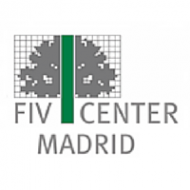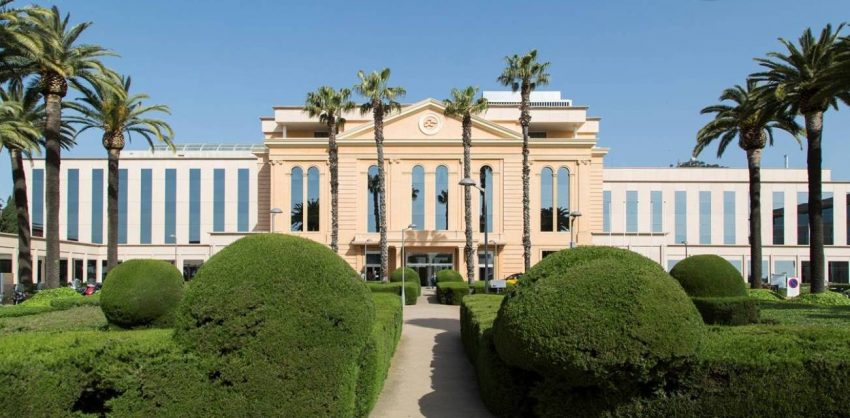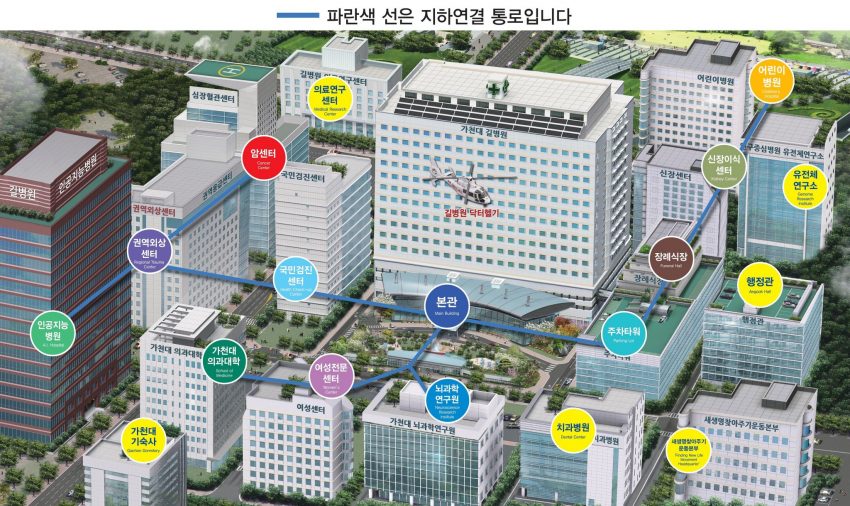Fiv Center Madrid
Madrid, Spain
IVF treatment in Spain
FIV Center Madrid is an infertility clinic in Spain that provides infertility and IVF treatment in Spain for medical tourists from around the world, including patients from all around the world.
Infertility treatment philosophy
The FIV Center philosophy centres on offering high quality service through excellent personal treatment with specific and personalised solutions backed up by leading-edge technology. The starting point of their method is the analysis of the couple during an initial consultation. The resulting diagnosis leads to a specific line of treatment, which is implemented and followed closely by the same doctor who then evaluates the results. Working with the most advanced equipment of its kind, FIV Center can guarantee the best possible results at the lowest levels of risk.
Finally, they emphasize that, unlike other centres, each course of treatment is initiated and completed by the same doctor.
At present, the problem of infertility affects 15-20% of all couples in developed countries. The World Health Organization (WHO) classifies it as an illness, and as such people who suffer from it have the right to treatment.
Single women
By Spanish law, all women have the right to access assisted reproduction techniques, irrespective of whether or not they have a partner. Women who do not have a partner and who wish to have a child can therefore use a sperm sample from a donor to achieve pregnancy. The most effective assisted reproduction technique in such cases will be determined in a detailed study of each woman going for treatment.
In many cases, straightforward artificial insemination without any prior treatment is the most suitable course of action.
The Ovodon Program: Egg donation
There are many women who cannot produce eggs due to a loss of ovarian function or who suffer a genetic disease which they could transmit to their children. Why should they be denied of the right to be mothers? There is a solution for them: in vitro fertilization with donated eggs can provide them with the marvellous experience of pregnancy and birth.
For these women the Ovodon Program was launched in 2002. The Ovodon Program is for donors who wish to donate their eggs in a spirit of solidarity to women with fertility problems.
These donors are selected and controlled under the most stringent medical, gynecological, analytical and ultrasound scan conditions. Their background is researched thoroughly to avoid family and personal diseases, both genetic and infectious, which could be passed on through their eggs.
Donation starts with a short treatment of ovarian stimulation, which provides between six and twelve mature eggs per cycle. Scans and hormonal analyses check how well the process is going and determine the best moment for extraction.
Eggs are retrieved through the vagina with the help of a needle guided by ultrasound. This procedure is carried out under sedation, not general anesthetic, and lasts between 10 and 20 minutes. It needs no stitches and leaves no scars, and after 30 minutes the donor can return to normal activity. It is a simple and painless procedure.
Donors must comply with the following for selection to the program:
- Aged between 18 and 35
- Negative history of genetically transmitted diseases
- Normal karyotype (chromosome analysis)
- Negative results in screening for sexually transmitted diseases:
- Aids
- Chlamydia
- Herpes or Cytomegalovirus
- Toxoplasmosis or German Measles
- Syphilis
- Healthy reproductive apparatus
- Good physical and mental health
- History of fertility and/or good response to ovarian stimulation treatment
- Not having given birth to more than six children
Egg donation in no way reduces the likelihood of pregnancy for the donor.
If you are sensitive to the problem of infertility and wish to join the program, don’t hesitate to contact FIV Center. They will provide you with all the necessary information to make the right decision. Email FIV Center.
Financial compensation for donors is provided according to the recommendations of the Sociedad de Fertilidad (Fertility Society) and the law governing assisted reproduction.
Results
The possibility of achieving a pregnancy through assisted reproduction techniques varies from couple to couple and ranges from 60% per attempt down to 5% in difficult cases. The age of the woman, the clinical diagnosis and the technique employed are the factors which most influence the results. After years of experience, FIV Center has achieved pregnancy rates comparable to those of the most prestigious international clinics, ranging from 30% to 50% for IVF-ICSI techniques and from 15% to 30% in AIH–AID. Their Ovodon Program has a success rate of 30% – 50%.
Laboratory techniques
IVF-ICSI
Sperm microinjection is a type of IVF carried out in the laboratory which can solve male infertility due to severe sperm pathologies such as low sperm count or mobility, or poor morphology. This technique is also appropriate in cases where poor egg quality is suspected. It consists of injecting a sperm directly into the egg using a microneedle. The treatment for the woman follows the same pattern as with regular IVF, the only change being found in the laboratory process, which is rather more complex.
Preimplantation genetic diagnosis (PGD)
Briefly, PGD consists of extracting a cell from a developing embryo and analyzing its chromosomes to see if there are genes causing the disease we wish to prevent.
PGD allows us to find those embryos free of chromosome anomalies and genetic mutations. The aim is to ensure a healthy child. It should be pointed out that PGD can only be carried out during the course of an IVF or ICSI cycle. FIV Center are proud to be one of the few laboratories which does not send genetic material out of the clinic for analysis.
Other laboratory techniques
- Testicular biopsy
- Sperm bank
- HIV positive couples (seropositive male)
- Egg and embryo donation
Our departments and medical specialties
Infertility-IVF
Head of department: Infertility-IVF
Description:
Infertility is defined as the inability to conceive within 12 months of trying.
Contact:
EmailTreatments that we offer:
Assisted conception: Embryo testing
Assisted conception: ICSI (Intra-cytoplasmic sperm injection)
Assisted conception: IUI (Intrauterine insemination)
Assisted conception: IVF (In vitro fertilisation)
Donor conception: Donated eggs
Donor conception: Donated embryos
Donor conception: Donated sperm
Freezing and storing: Eggs
Freezing and storing: Embryos
Freezing and storing: Sperm
Surgery for men: Extraction of sperm




